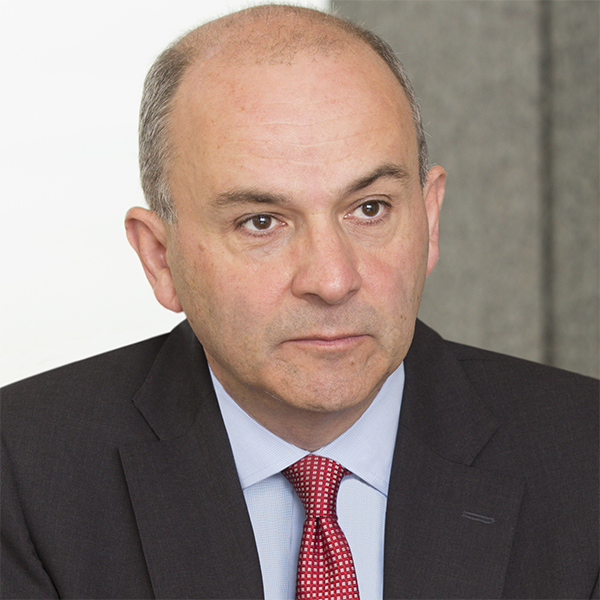As expected given his campaign rhetoric, the incoming Trump administration is already warning about aggressive action on trade, with likely tariffs on US imports. Alongside China, Trump has identified Germany as a particular problem; this is not surprising as the US is running a sizeable bilateral current account deficit with Germany, principally reflecting a large deficit in goods.
But Germany is effectively sacrificing domestic consumption and recycling its surplus saving to the US in the form of large capital flows, which has allowed the US to ‘overconsume’ and run a trade deficit.
While the incoming administration might be focused on the goods trade position, it is important to take a more holistic view of flows in both trade and capital. A mercantilist[1] view of the US-German trade imbalance suggests Germany is ‘winning’ and the US ‘losing’. But a view grounded in open-economy macroeconomics suggests the trade deficit between the US and Germany is the counterpart of capital flows between the two and also a reflection of differences in national saving and investment rates.
The Trump administration’s trade objective appears to be to force these countries to consume more and run down their saving rates, likely through some combination of fiscal stimulus and higher private demand. But if it succeeds, this will reduce Germany’s saving rate and its capacity to recycle its excess to the US, which could mean a reduction in net capital inflows to the US, a weaker dollar, and higher inflation and interest rates.


-en.png)




